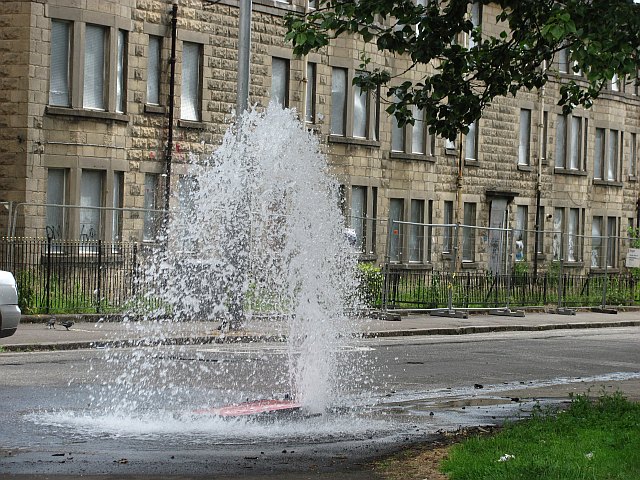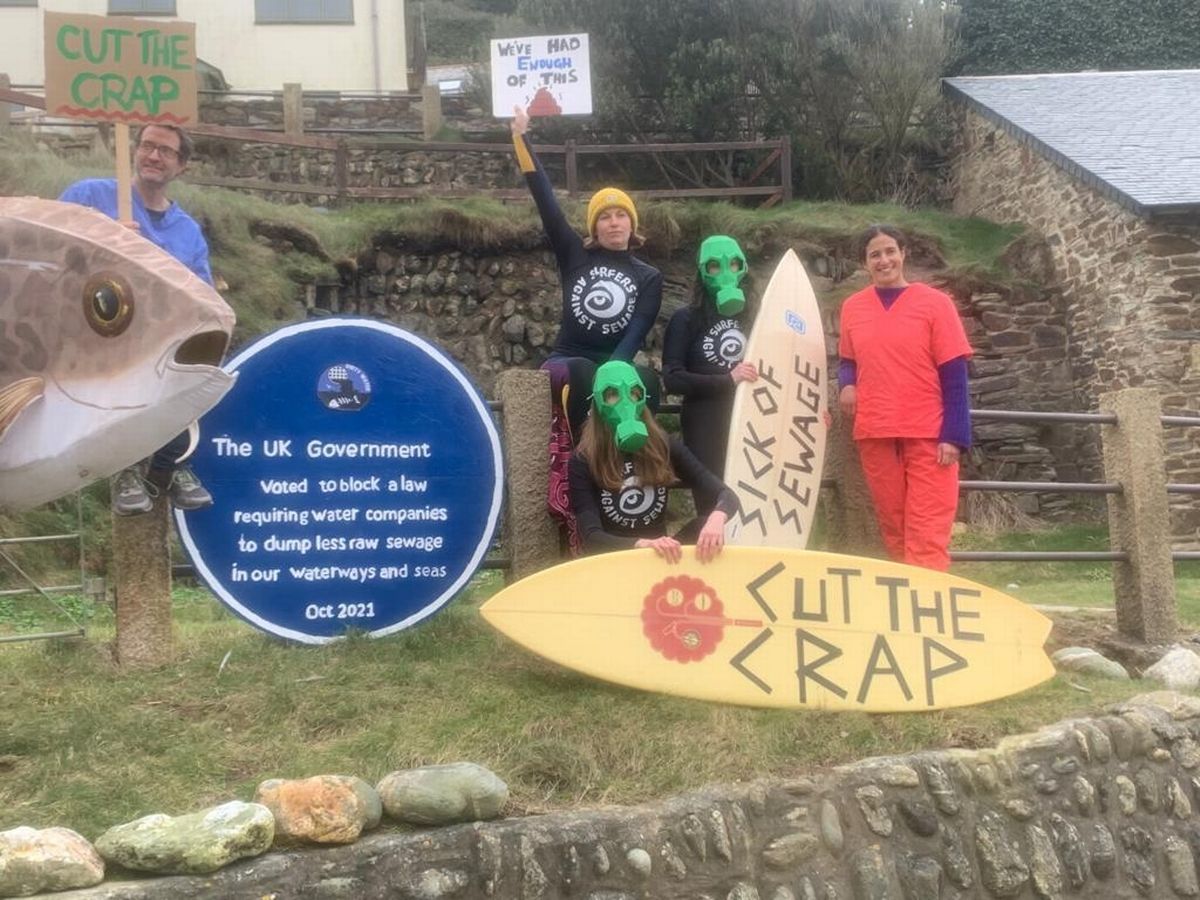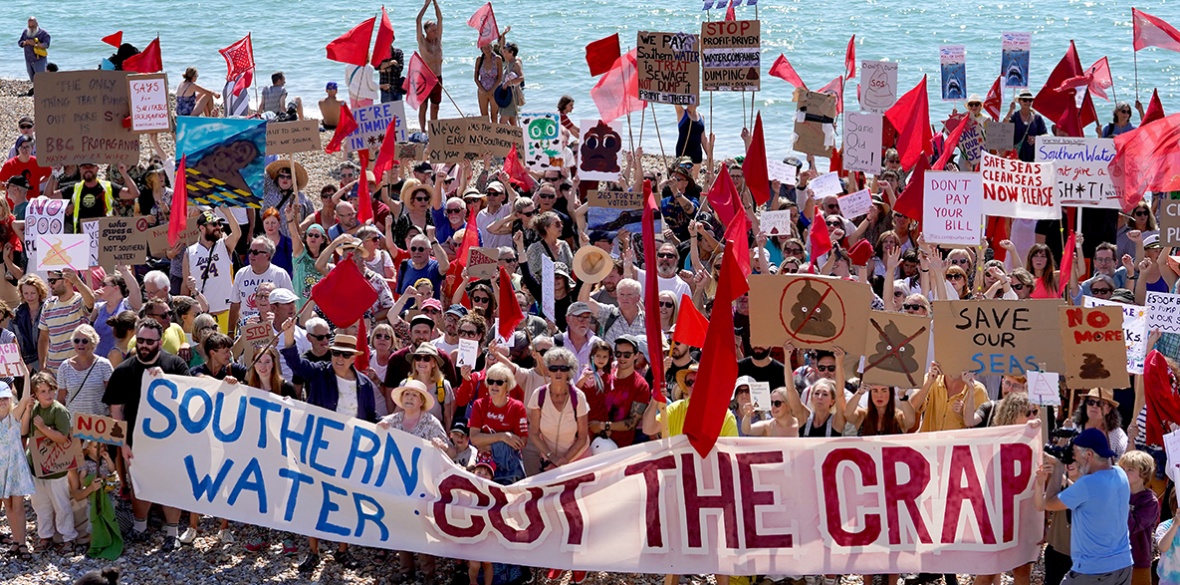Here’s why the accounts of water companies are deceptive and need investigating
Parliamentary committees need to investigate water company accounting, especially as they are continuing with the practices that brought down Carillion.

Prem Sikka is an Emeritus Professor of Accounting at the University of Essex and the University of Sheffield, a Labour member of the House of Lords, and Contributing Editor at Left Foot Forward.
Ever since its privatisation in 1989, the water and sewage industry in England and Wales has set new standards in ripping people off.
Profits are made by not plugging water leaks and by dumping tons of sewage in rivers and seas. More than one trillion litres of water is lost to leaks from crumbling pipes each year. In 2022, raw sewage was dumped into rivers and seas 824 times a day, nearly 301,000 times a year over 1.75m hours. Despite higher demand, no new reservoirs have been built since privatisation. With captive customers and no competition, companies have hiked charges by 40% in real terms. The biggest winners are shareholders. More than 90% of the nine water companies are owned by overseas investors.
Since privatisation, companies have paid £72bn in dividends and another £15bn is expected by the 2030. These are largely funded by over £60bn of debt. To soothe public anxieties, Ministers claim that since 1989 water companies have invested £190bn. Such claims need to be treated with caution as the companies have a history of murky accounting practices.
Thames Water is England’s’ biggest water company. Since 2010, it has been sanctioned 92 times by the regulators and paid fines of £163m. Since privatisation, it has paid £7.2bn in dividends and has debts of around £14bn.
Taking cue from the water company, in June 2023 a Minister told parliament that “Thames Water itself has not paid any dividends for the last six year”. Of course, water companies are not operating as not-for-profit organisations and are masters of financial engineering and obfuscation.
Page 43 of the company’s 2022-23 financial report describes £45m payment (£37m for 2022) to its immediate parent company Thames Water Utilities Holdings Limited as “dividend” which then forwards it to Thames Water Utilities Limited and is still described as “dividend”. The same page then claims that it is not really a dividend because its purpose is to “solely to service debt obligations and group related costs of other companies within the wider Kemble Water Group”. Page 22 of the 2022 accounts of Thames Water Utilities Holdings Limited shows “Dividend Income” of £37.1m. Anything described as a “dividend” in the accounts is a dividend and in the last two years alone this amounts to £82m (£45m + £37m). Since privatisation, vast amounts are likely to have travelled via this route to the company’s ultimate controllers but are not included in the £7.2m of dividends.
Yorkshire Water is also engaged in sleight of hands. Since 2010, it has paid £1.2bn in dividends and claims to have stopped paying dividends from 2017-18. However, page 137 of its 2022-23 financial report states that the company paid £62.3m “dividends” to its parent company. Its 2021-22 accounts (page 99) state that “the Board of Yorkshire Water has approved the payment of £52.6m in dividends.”
… [article continues discussing Water companies’ financial obfuscation.]


